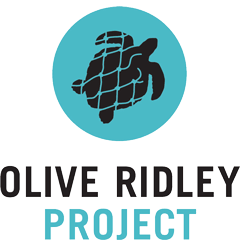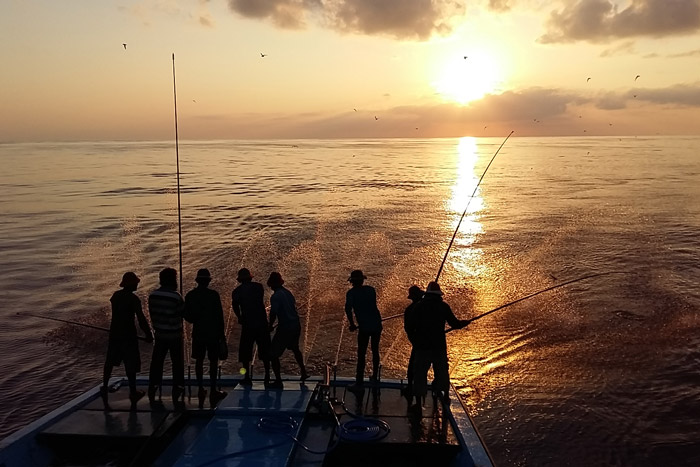
When we talk about fishing we tend to think about fish in the ocean as ‘seafood’ rather than ‘wildlife’. This way of thinking creates a deeply rooted disconnect with nature. As a result, we look at the ocean as a resource rather than an important part of a healthy ecosystem.
Sustainability in the context of fishing is often based upon the health of a fish ‘stock’ (population) and how industrial scale fishing impact those ‘stocks’. Is the population stable, increasing or decreasing? We often use extremely complex statistical models to work out the long term impact that fishing may have on individual populations. However, modelling often comes with limitations and some level of uncertainty. And, importantly, it rarely takes into account the complex interactions between species.
Yes, fishing can be sustainable
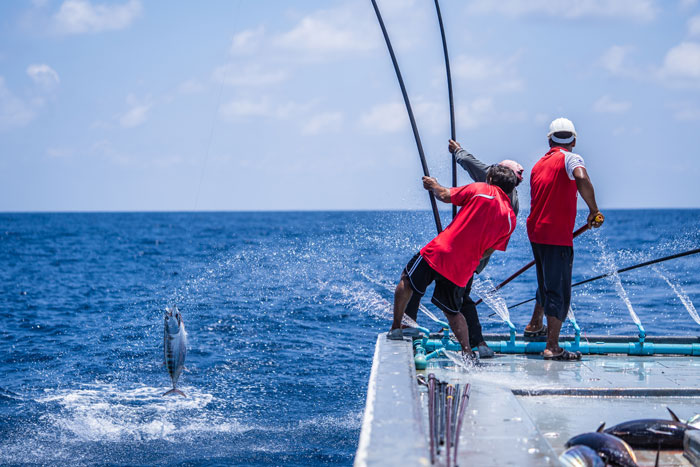
The simple answer to the question ‘can fishing ever be sustainable’ is: yes it can. However, it is important to recognise that ‘sustainability’ can only be achieved when fishing pressure is bound to local communities and individual families. As soon as we begin to fish beyond this scale, we move away from sustainability and towards fish stock management. This is not sustainability, but rather damage control.
The impact of industrial fishing
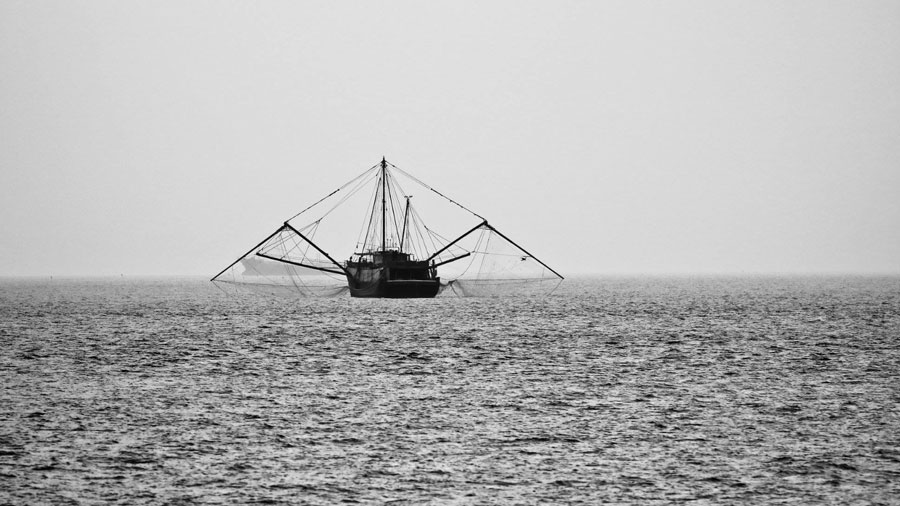
In recent years, in order to feed a rapidly growing population, we have moved beyond local fishing and turned towards drastic fishing techniques. Industrial fishing is what feeds the majority of the world’s population, particularly in the west. This large-scale fishing typically favors destructive techniques designed to catch more of the target species. Unfortunately they often also catch non-target species.
Furthermore, large scale fishing operations can push small coastal fishing to the fringes. This results in the loss of livelihood and local marine resources. Many fish stocks around the world are already in a state of despair. Thus, we need to give fishing stocks a period of recovery before we can even consider sustainability.
What can consumers do?
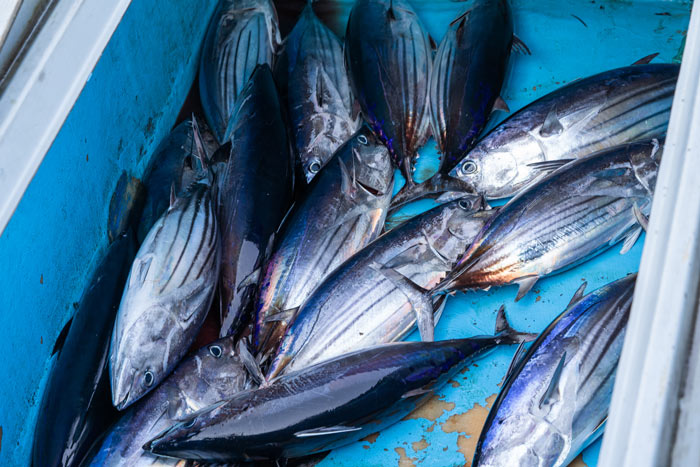
As a consumer, our best tactic to combat overfishing is to minimise consumption. However, this may not always be possible. It will depend on where in the world you live and the food resources available in your area. Government bodies often financially subsidize overfishing by commercial fishers. As consumers, we can put pressure on both governments and organisations to stop this activity and instead put resources into developing local, small-scale fishing operations.
The reality of commercial fishing combined with a growing human population results in numerous species being fished to extinction, increased pressure on marine resources and ultimately ecological collapse. So it is important that we stop thinking of the ocean as a marine resource and start to understand how the ocean is connected to our everyday lives. Once we change this way of thinking, we will be in a better place to protect the ocean.

